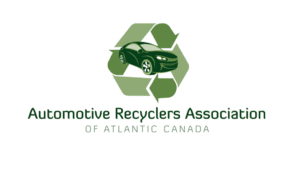Sacramento, California — A California bill is reportedly headed to vote that if signed into law, would make electric vehicle battery producers operating in the state responsible for the end-of-life management and recycling of their batteries.
The bill, SB 615, was originally passed out of the Appropriations Committee on August 15, 2024, with the bill amended on August 23rd, 2024. The final decision to sign the bill into law will occur at the end of the month and if approved, would begin to be phased in in September.
The bill specifically outlines how “any program designed to ensure proper end-of-life management of vehicle traction batteries first strives to reuse, repair or remanufacture batteries when possible. When that is not possible, the program shall ensure that batteries are either repurposed or recycled. When a battery is no longer used in any application, the program shall ensure the batteries are recycled. Disposal of these batteries should be discouraged and ultimately eliminated in support of achieving a circular economy.”
Moreover, the bill also notes that battery suppliers will be required to report information regarding the sale, transfer or receipt of a vehicle traction battery or module to the Department of Toxic Substances Control (DTSC) and fully fund the cost of collection of batteries when they are required to handle end-of-life management.
Civil penalties would further be enforced for those not in compliance with the bill of up to $50,000 per day or $100,000 per day “if the violation is intentional or knowing.”
Should the bill pass, the DTSC would have until July 1, 2028, to fully adopt the necessary regulations to implement and enforce the bill’s provisions.
California State Senator Ben Allen, who introduced the bill alongside Senator Dave Min, originally commented to Fastmarkets that “we all know that the EV market is massive, it has to grow. We know how important it is for our climate goals, electrification, and all the rest. We also know that there have been some pretty problematic reports of sourcing for many of the component materials that go into EV batteries from all over the world, and we know that there is such an opportunity if we can create more coherence in the system.”
Allen further commented that “producers are the ones who have the most tools in the toolkit. We need them to help us. They need to be thinking about end-of-life; they need to design for circularity, for recyclability.”























